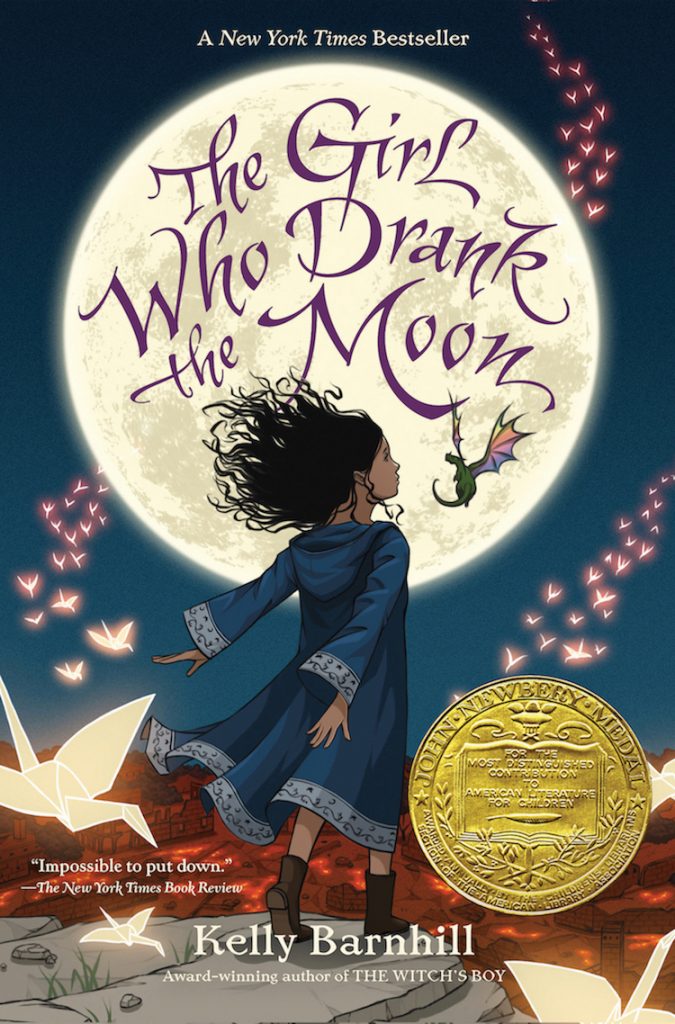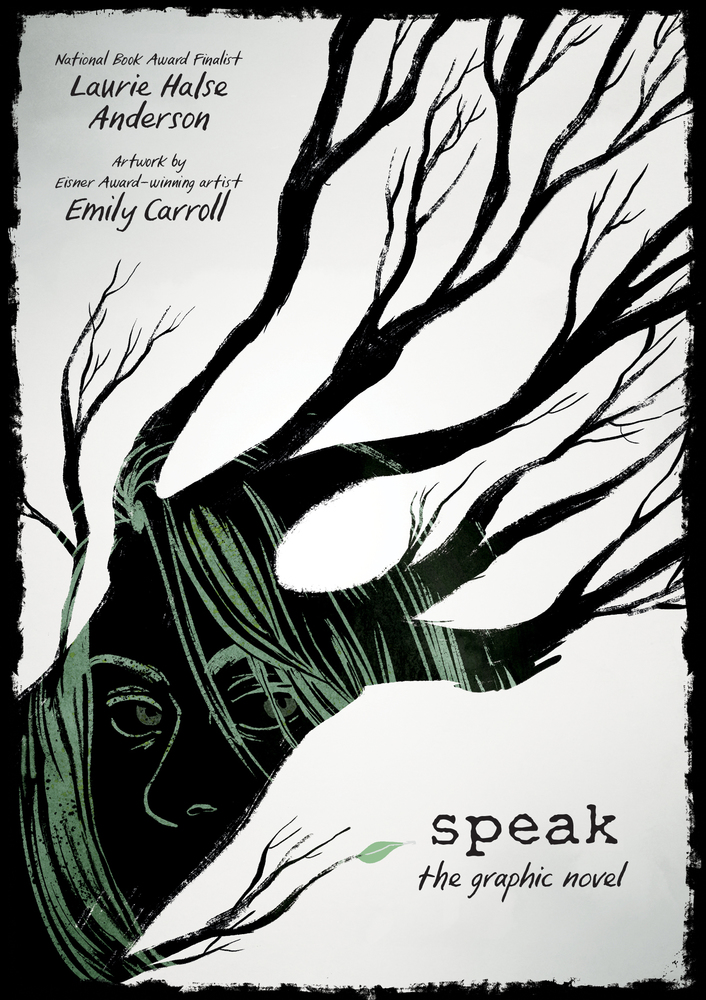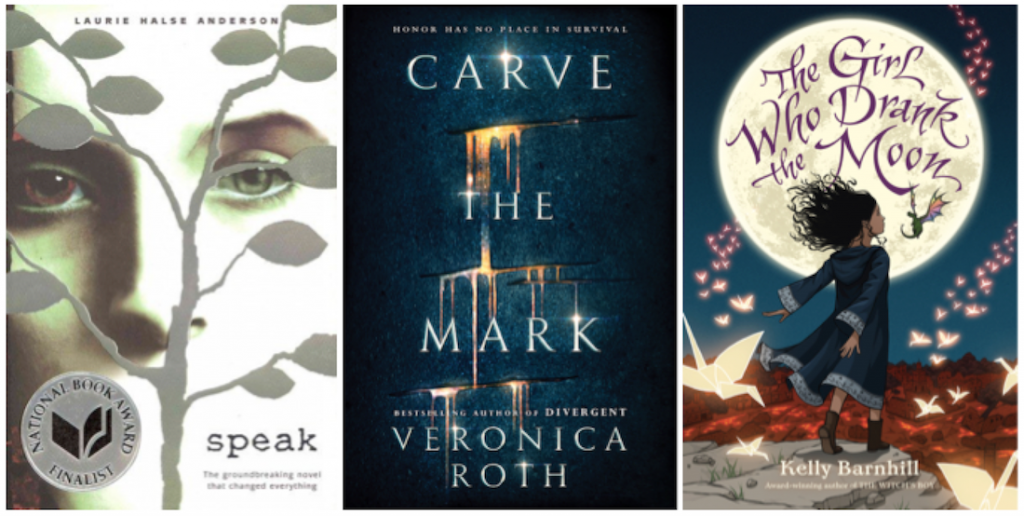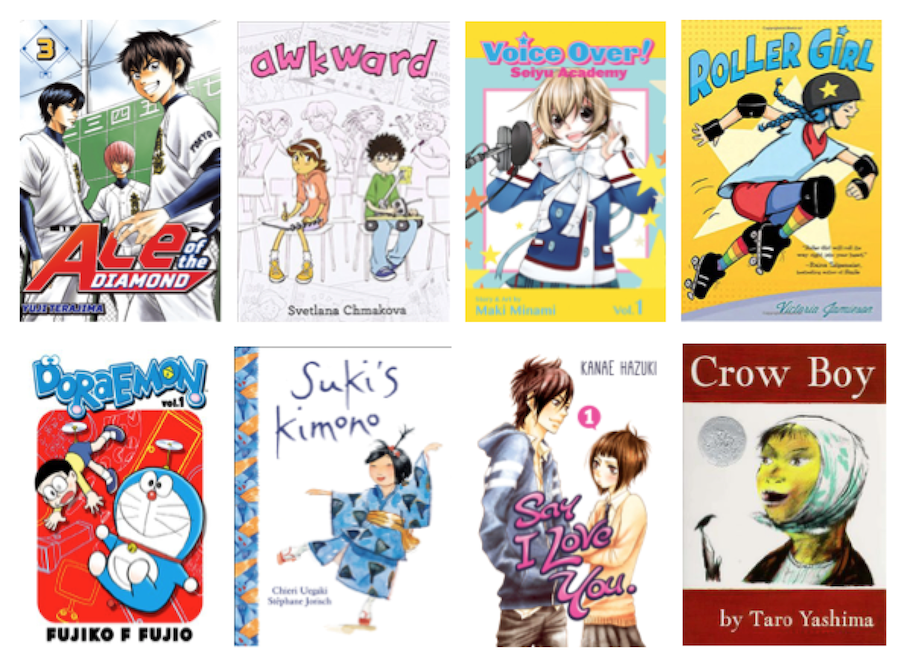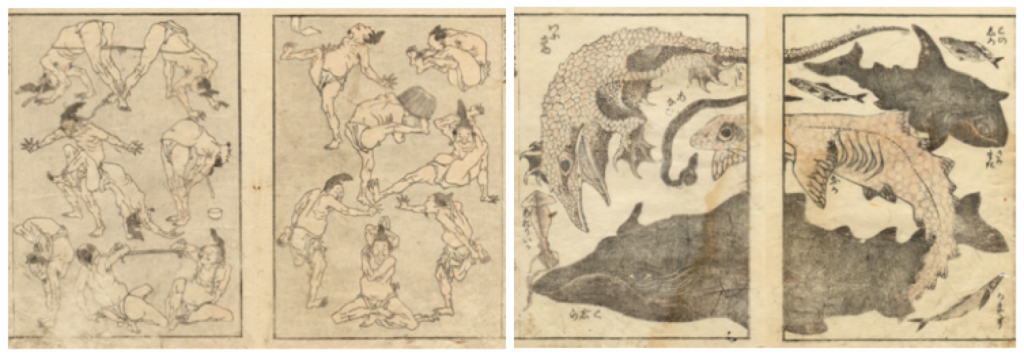By Judi Moreillon, Literacies and Libraries Consultant
Part 2: Publication Practices
This month, I interview Pima County Public Libraries children’s librarian and book reviewer, Mary Margaret Mercado. Last week, Mary Margaret responded to questions related to her goals and process for reviewing books. This week, we explore publication practices. To guide our thinking, we create a framework from Critical Multicultural Analysis of Children’s Literature: Mirrors, Windows, and Doors by Maria José Botelho and Masha Kabakow Rudman and WOWLit’s “Evaluating Literature for Authenticity.”
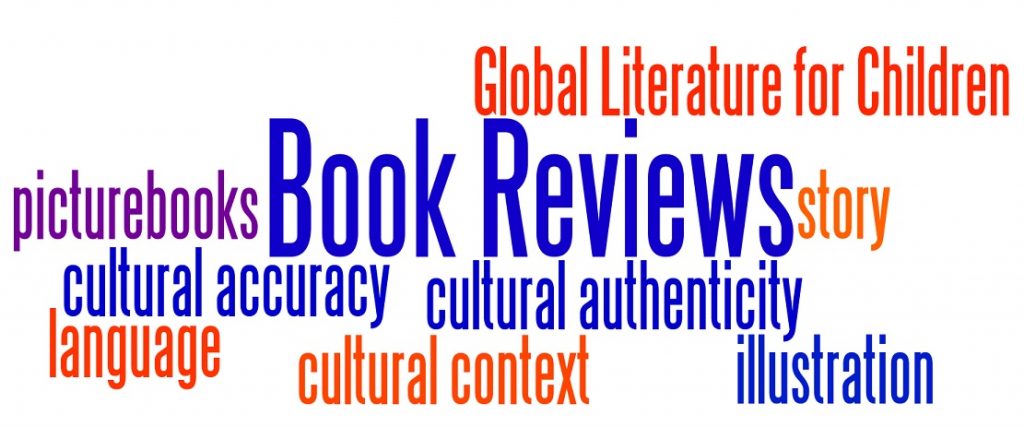 Continue reading
Continue reading


